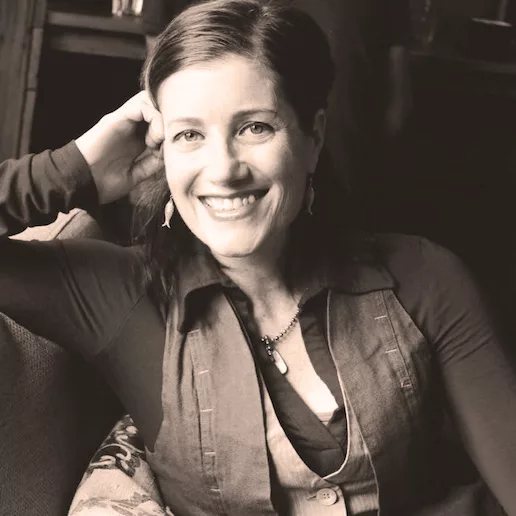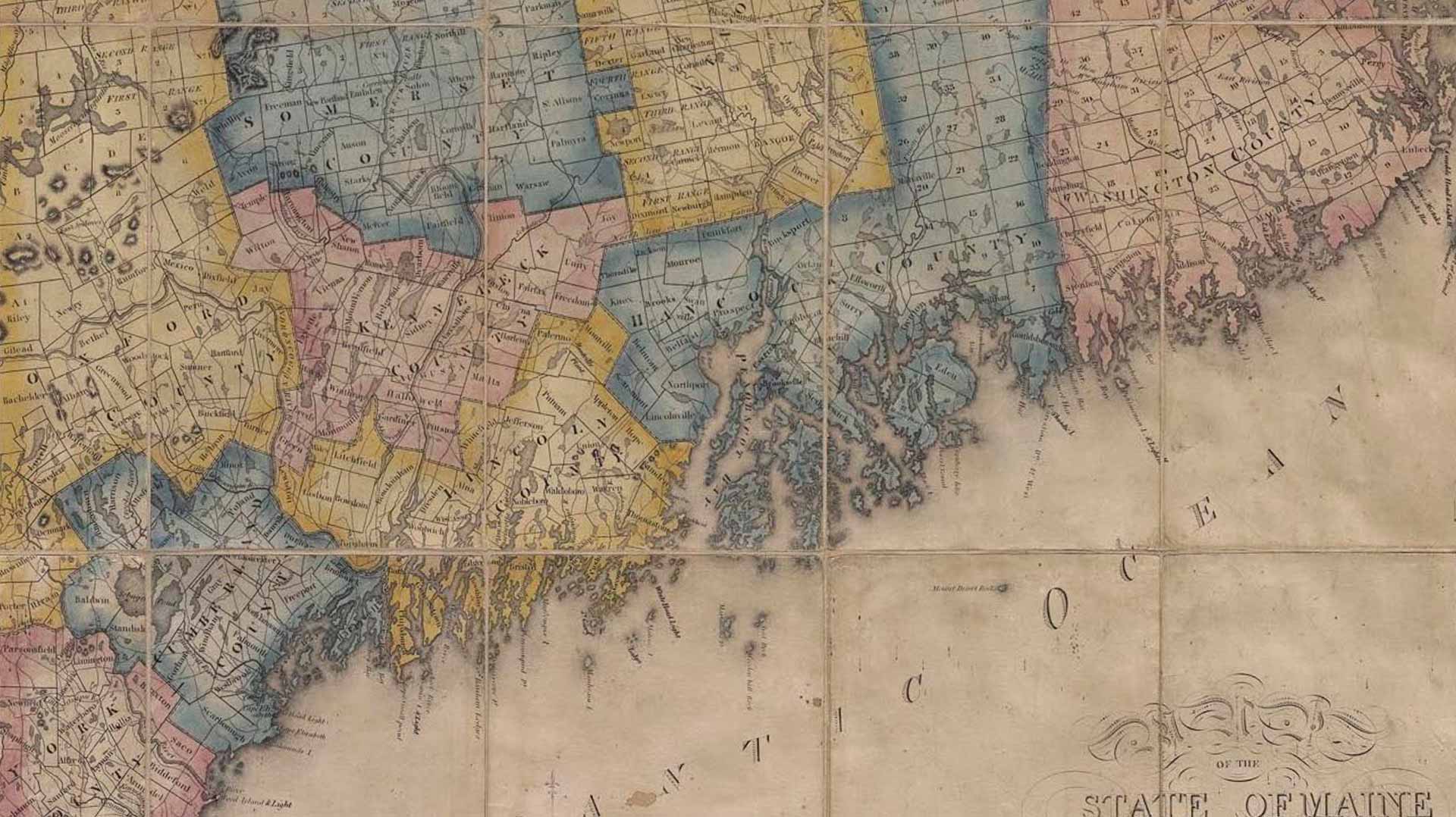Founder and Executive Director, Atlantic Black Box
she/her
Meadow Dibble, Ph.D. is a researcher and antiracist historical recovery advocate organizing to surface New England’s suppressed narratives. In 2018 she founded Atlantic Black Box, a grassroots public history project that empowers communities throughout the Northeast to take up the critical work of researching and reckoning with the region’s complicity in the slave trade and the global economy of enslavement. Meadow serves as Project Lead on the Place Justice project in collaboration with the Permanent Commission on the Status of Racial, Indigenous, and Tribal Populations.

Talks
Whitewashing the Diseased Ship: New England’s Role in the Slave Trade
On August 1, 1819, a majestic Maine-built ship docked at Boston’s Long Wharf, completing a nearly year-long voyage to West Africa and the West Indies that only a few crew members were fortunate enough to survive. When customs officials descended into the hold to examine the precious cargo for which so many had died, what they found instead were clouds of mosquitoes playing host to a deadly yellow fever virus.
This dramatic story features a prominent Yankee sea captain, a tragedy on the high seas, a viral outbreak, a major political cover up, and a conspiracy of silence that has lasted two centuries surrounding New England’s involvement in the slave trade. Following these historical threads into the present day allows us to consider the ways in which our region’s suppressed history of complicity in slavery relates to our current national conversations about racial justice and healing
Hiding in Plain Sight: New England’s Complicity in Slavery
New England has long suppressed the memory of its involvement in slavery, just as it has concealed or failed to center the stories of the region’s free and enslaved Black and Indigenous populations. How could we have gotten the story so wrong for so long? This interactive presentation will contrast the cherished narrative of Northern exceptionalism and innocence with recent scholarship that reveals a long history of exploitation with which our communities have barely begun to reckon.
Place Names in Wabanakik/Maine
Place names have a lot to teach us about our history, values, and present-day relationships with one another. Even when these names fade into the backdrop of our lives, they continue to inform our sense of place in subtle but important ways, communicating ideas about who belongs and what matters. Here in Maine, racist and problematic place names have long marred the landscape and continue to impact our communities. By examining trends in toponymy, we can gain insight into whose perspectives have been privileged and, by contrast, whose experiences have been dismissed and forgotten.
In this presentation, participants will gain foundational knowledge about Maine’s place names profile in relation to those of other states in New England and across the U.S. They will also learn to identify problematic place names in their area and develop approaches to understanding the historical context behind them. Together, we will explore ways to make the commemorative landscape more welcoming, inclusive, and reflective of the breadth of experiences of the people who have made these places what they are today.

